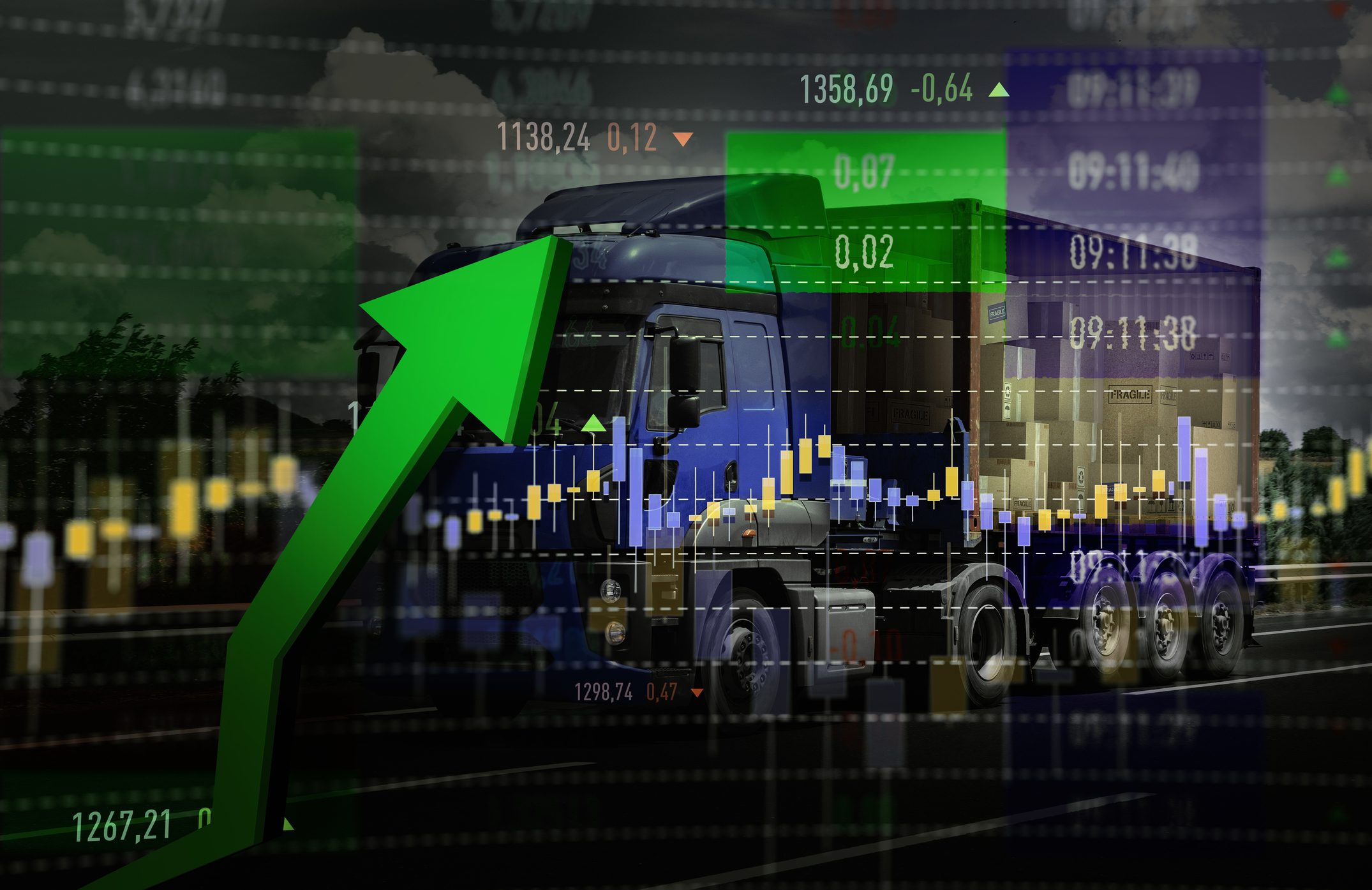When it rains, it pours – then it freezes and there’s a sandstorm and the logistics sector is topsy-turvy once again. Starting with congestion, the oldest issue currently upending shipments, the coastal ports in California and New York are overflowing with containers and cargo as railroads are bogged down with too much to transport and not enough equipment to move them all. Beyond that, the difficult weather conditions earlier in the year exponentially compounded the issues because the trucks needed to carry cargo became stalled in areas that were impassable from ice and snow. Delays beget delays and now the industry is faced with a sideways story from the Suez Canal – after the initial chuckle about the situation from outsiders, we’ve started to hear actual conversations about the serious ramifications of having the bypass where 10% of the global trade and 7% of the world’s oil passes through blocked.
It’s not necessary to aggregate the issues attacking our industry, but it’s important that our clients know just how this could impact their future shipments until these situations are resolved and if you’re trying to navigate these troubles alone, you can expect things to go sideways without an industry expert with experience and a broad network of partnerships working in conjunction to keep your cargo moving.
We have customers concerned that they are paying more for delayed services, but this is a worldwide issue and not any mishandling or delays due to our services. We have been filing entries, but unable to clear the shipments until they are within port limits, which is taking at least a week longer than their ETA’s.
One of the biggest challenges we’re seeing is for the upcoming fireworks that will be coming to the United States from Asia this summer as orders are already being sent and suppliers are warning that stock may not reach us in time.
According to Freightwaves: The National Fireworks Association asked Transportation Secretary Pete Buttigieg to step in. “If this is not done within the next few weeks, we fear that this year’s fireworks season will never take place,” it wrote. Considering shipping times from China, where more than 90% of fireworks are produced, have doubled to 60 days, container rates have exploded, and it can take nearly three weeks to get a container through ports in Southern California. “All these obstacles and challenges are hampering our ability to put the product on the shelf for our seasonal small business owners,” the trade association said.
Because we know these issues are coming, Coppersmith can work ahead to help you plan for contingencies and discover options to avoid the backlogged ports and more cargo to enter at less crowded destinations and offer truck or domestic air to avoid rail congestion where necessary.
For our Fireworks Shippers: Port/Rail congestion, combined with lack of equipment and DG Certified drivers are causing many forwarders to get out of the inland delivery business. We have been challenged to find drivers with the ability to move containers not only across state lines but also out of the port for local delivery. Drivers are refusing to waste their time attempting to obtain a pick-up appointment, wait in line for a whole day due to congestion, and then get charged for per diem and chassis fees when they can’t get another appointment to return the container.
Rates for inland services are skyrocketing along with the freight rates and terminal charges, creating a perfect storm that has increased costs to importers by three times what they were just one year ago. This is all occurring while customers are trying to get their fireworks imported and distributed before the big 4th of July celebrations expected this year.
For our export customers, which consist of agricultural merchandise, even some U.S. Senators are getting involved by writing to the FMC to look into this unfair trade practice of exporting empty containers, rather than accepting our exports. We are having bookings canceled and shipments rolled on almost every arrangement we make, causing us to have to change paperwork, now spending at least three times as much time on each shipment as previously.
For our Pet Shippers: Both JFK and ORD Customs have issued Pipelines in the past month requiring that not only do Pet Importers need to use a Customs Broker for their animals traveling as cargo, but their Customs Broker must now file their entries as Type 01 Formal. This means that Importers will now need to obtain a Customs Bond and pay Customs Duties in addition to the Brokerage clearance fees. This combined with the new APHIS requirements for animals is creating a situation where individuals will need to really have their documentation in order, before deciding to bring in a new pet. Luckily, Coppersmith is experienced with these types of transactions and can still handle the release procedures efficiently.
